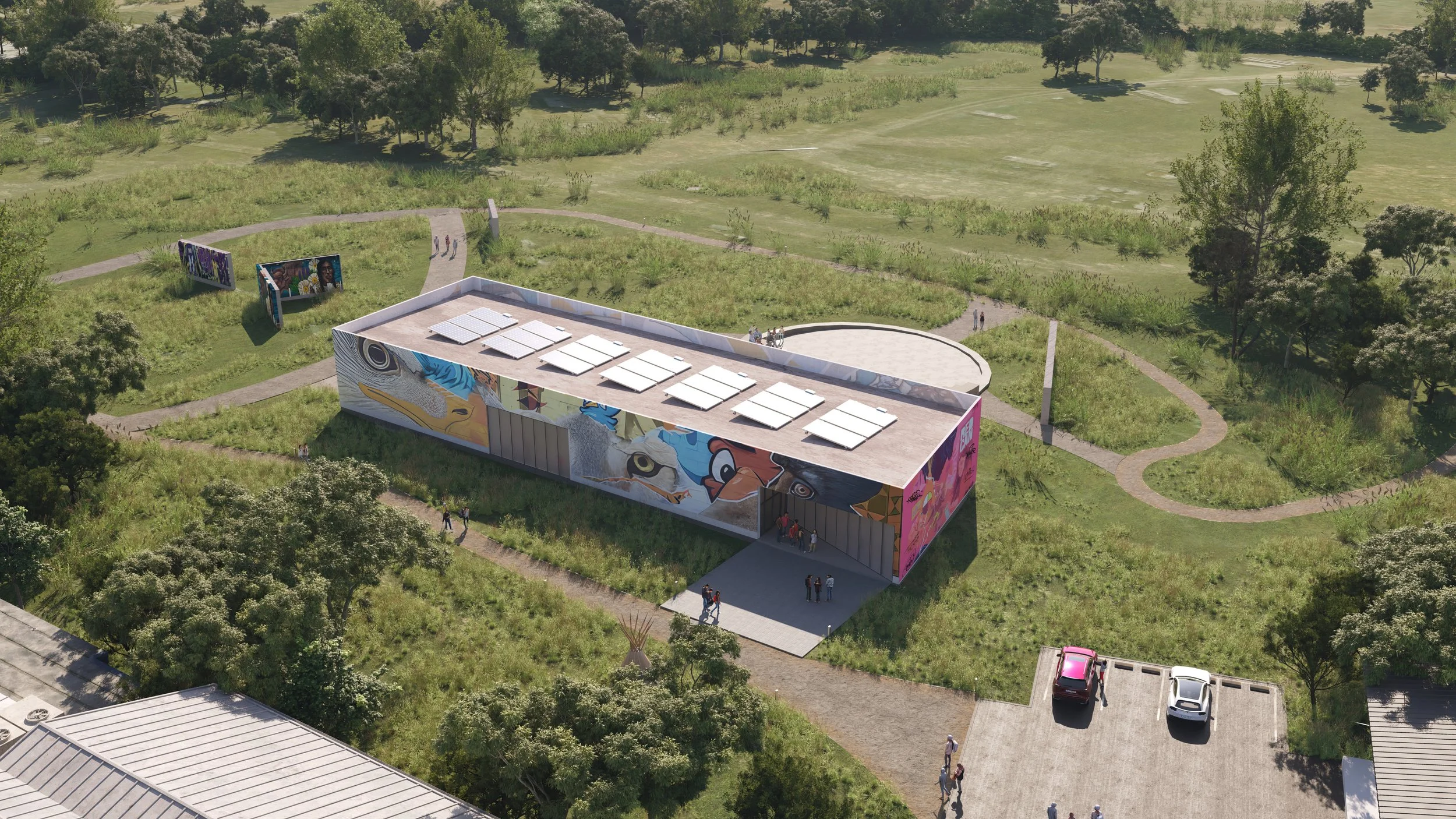Impact Spotlight
13kW of solar benefitting 1000 people across Negrosanon communities
Powering refrigeration and freezers for fishing communities for the first time
Decreasing community expenditure on costly and polluting diesel fuels
About
While the Philippines boasts a national electrification level of more than 90%, energy poverty remains a significant challenge in many rural communities across the country, impacting the daily lives of many Filipinos, the functionality of schools, and the overall well-being of communities. The lack of access to reliable, clean, and affordable energy hinders economic development, affects the quality of education, and poses health and environmental risks. These impacts are further compounded by the vulnerability of the country to the impacts of the climate crisis: in a 2023 study, the Philippines ranked first in the world as the country with the highest natural disaster risk.
The Negrosanon Young Leaders Institute (NYLI) Inc is a youth-led organization committed to equipping Filipino children and young people through education, empowerment, and engagement in safe spaces for action-driven dialogue, discussion, & self-discovery, enabling them to become catalysts of change in their communities. Several communities where Negrosanon works – including a small fishing community and a farming community – currently lack access to reliable electricity, irrigation, and potable water.
“REConnect will show what happens when we bring the power back to the people. This project is a testament to the strength and potential of our local communities when they have access to the resources they need to thrive.”
HF Partnership
In Partnership with the Honnold Foundation, Negrosan is launching the “REConnect Initiative,” which will serve as a regional proof of concept by showcasing that democratizing access to solar energy can effectively address community challenges. By successfully implementing solar solutions in diverse settings— from schools to fishing and farming communities— Negrosan aims to demonstrate that decentralized, community-driven energy initiatives are not only feasible: they’re transformative. The project's success will also establish a scalable and replicable model for other communities and organizations to follow. Most importantly, the success of the project will provide compelling evidence to advocate for broader policy changes and support for decentralized, community-owned renewable energy initiatives across the Philippines.
Resources
In the News










